British Columbia Network Environment for Indigenous Health Research
NEIHR benefits the health of BC Indigenous communities through enhancement of research capacity and knowledge sharing
Dr. Charlotte Loppie, Professor, School of Public Health and Social Policy, University of Victoria
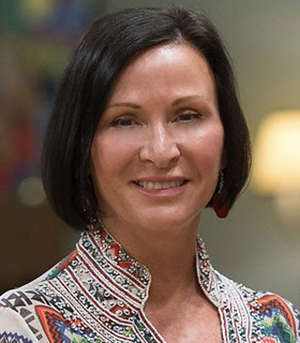
Charlotte Loppie, Nominated principal investigator
Through the BC Network Environment for Indigenous Health Research (BC NEIHR), Dr. Charlotte Loppie, the First Nations Health Authority (FNHA), the BC Association of Aboriginal Friendship Centres (BCAAFC), and the Métis Nation BC (MNBC) are fostering capacity development as well as knowledge sharing and mobilization among British Columbia’s Indigenous Peoples. A Governing Council for this NEIHR has recruited diverse network members, funded capacity strengthening programs, and leveraged external partnerships. The Council consists of three leaders and three Elders from the FNHA, the BCAAFC and the MNBC respectively, an Indigenous graduate student, and a policy analyst from the National Collaborating Centre for Indigenous Health. Though COVID-19 has slowed down the realization of some of this NEIHR’s objectives, Dr. Loppie, the operations team (Tara Erb and Caitlin Dyck) and Governing Council have developed intersectoral working groups and released two funding opportunities. They have also created a database of peer reviewers who can evaluate funding applications based on their expertise as community members, students, and academics. In order to prepare for the peer review process, this NEIHR has also offered well-received online training videos regarding cultural safety so that researchers can identify unconscious anti-Indigenous bias and assumptions. The BC NEIHR has partnered with the Indigenous Mentorship Network of the Pacific Northwest (where Dr. Loppie is the principal investigator) to publish an online showcase of BC Indigenous graduate students’ scholarly work (e.g., research findings, Indigenous methodology and substantive papers).
“This NEIHR is meaningfully led by Indigenous leaders, students, and Elders who lived in BC,” said Dr. Loppie. “We hope that our efforts will foster Indigenous leadership in research, prepare the next generation of Indigenous researchers, and foster research capacity among Indigenous communities, collectives and organizations. It’s also exciting to see non-Indigenous partners, like the Michael Smith Foundation for Health Research, support Indigenous scholarships, because it will help us further realize our goals of Indigenous self-determination in research.”
BC-NEIHR representatives:
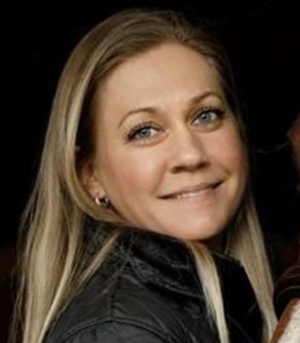
Tara Erb, Network Coordinator
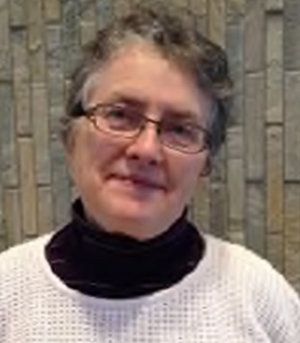
Barb Hume, Métis Elder
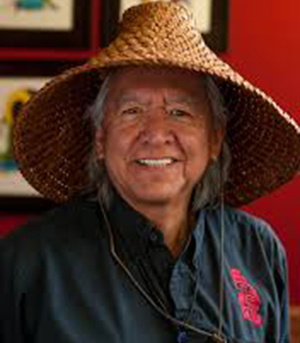
Gerry Oleman, Urban Elder
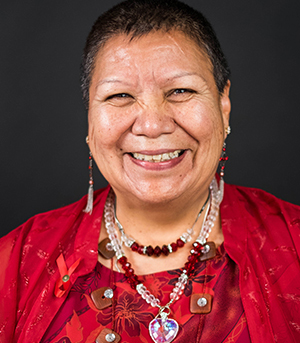
Roberta Price, on-reserve Elder
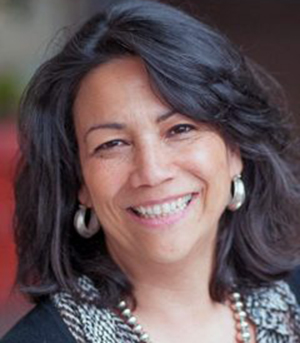
Leslie Varley, BC Association of Aboriginal Friendship Centres
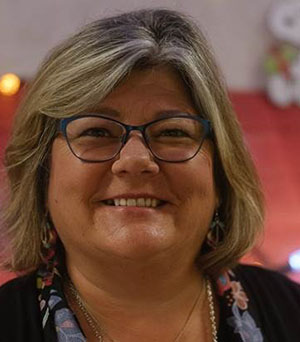
Shannon McDonald, First Nations Health Authority
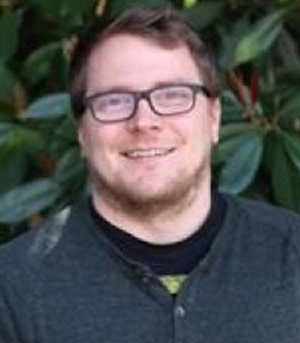
Jonathan Boron, Indigenous Student representative
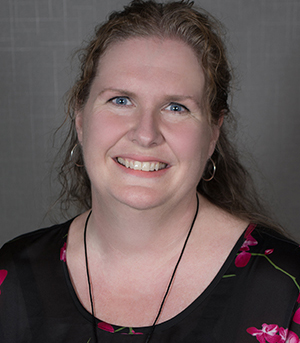
Tanya Davoren, Métis Nation BC
- Date modified: